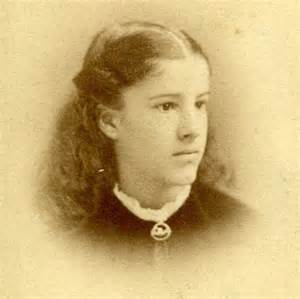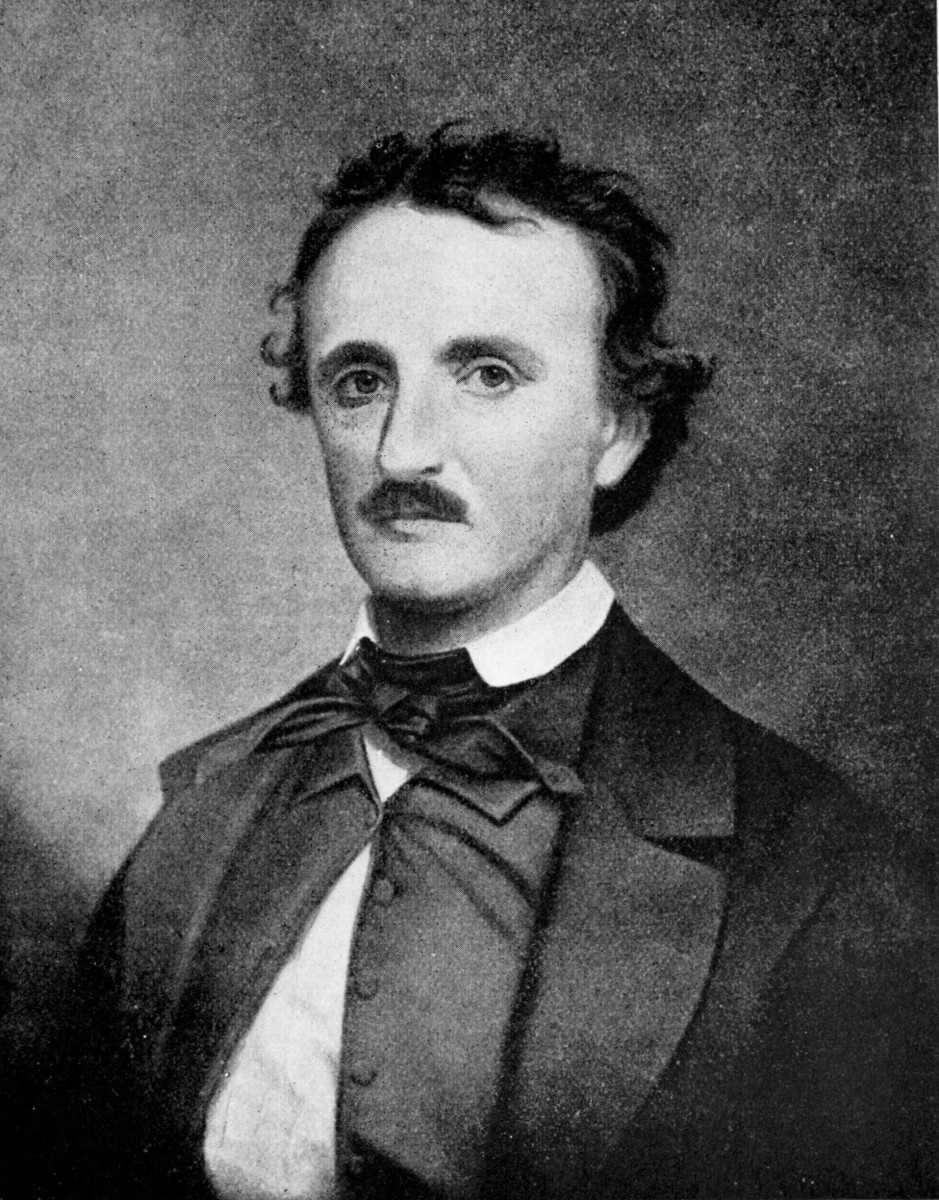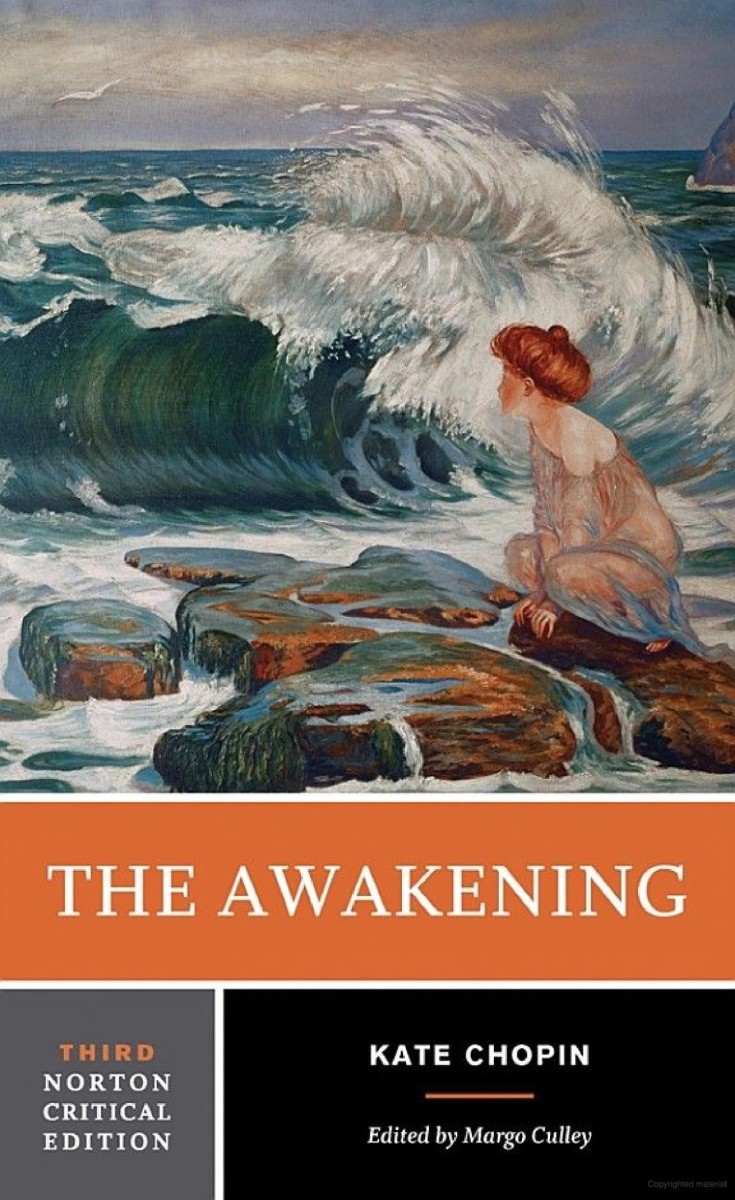Oppression Literature
What to a Slave is the Fourth of July? by Frederick Douglass
In “What to a Slave is the Fourth of July?”, Frederick Douglass utilizes an ironic tone throughout his text to bring to light the injustices that inundate a celebration of independence. He also notes the innovative and brave nature of those who formulated the Declaration of Independence to illustrate that the country was not living up to the principles that were written into the document. He asserts that the love of freedom from oppression and tyranny drove them to seek independence while the country they formed oppresses and terrorizes the slaves. He illustrates this with the following lines: “It was fashionable, hundreds of years ago, for the children of Jacob to boast, we have “Abraham to our father,” when they had long lost Abraham’s faith and spirit” (Douglass). Here Douglass illustrates that the states have abandoned their forefathers’ intentions in upholding slavery. He goes on to avail that The Fourth of July is a reminder to the slave that they are miles away from consideration in relation to the principles of which American society was founded with the lines, “I am not included within the pale of this glorious anniversary! Your high independence only reveals the immeasurable distance between us”(Douglass). Douglass also offers suggestions to the audience regarding what needed to happen in order to abandon their ironic state of existence and move forward as a truly free nation: “The feeling of the nation must be quickened; the conscience of the nation must be roused; the propriety of the nation must be startled; the hypocrisy of the nation must be exposed; and its crimes against God and man must be proclaimed and denounced”. Douglass paints a picture of a nation that should be ashamed of its very existence based on what it proclaims for which to stand. This nation stood for freedom from oppression while openly participating in the mass oppression of a people. With the following words Douglass illustrates that America is a “sham” with a shameful existence: “There is not a nation on the earth guilty of practices, more shocking and bloody, than are the people of these United States, at this very hour”. He documents instances of horrible practices in regards to slavery, and he notes that the Fugitive Slave Law is perhaps the most shamming law that blooms over the nation:
The Fugitive Slave Law makes mercy to them a crime; and bribes the judge who tries them. An American judge gets ten dollars for every victim he consigns to slavery, and five, when he fails to do so. The oath of any two villains is sufficient, under this hell-black enactment, to send the most pious and exemplary black man into the remorseless jaws of slavery! His own testimony is nothing. He can bring no witnesses for himself. The minister of American justice is bound by the law to hear but one side; and that side, is the side of the oppressor. (Douglass)
The fact that Judges and other officials are involved in “returning slaves” to a state of oppression is disheartening enough; however, this law also fuels the practice of removing freedmen from their homes and sending them into a state of slavery that they have never before known.
The Border Patrol State by Leslie Mormon Silko
Leslie Marmon Silko explores the idea of a nation that alleges to be rooted in freedom but participates in government sanctioned oppression in The Border Patrol State. Silko illustrates the behavior that the government is, in essence, condoning by allowing border patrol agents to stereotype Hispanic and Native Americans. She also documents the stereotyping of Whites who do not fit the “norm” considered in American society. Just as Douglass appeals to the audience using the emotional appeal of specific incidents and the sarcastic nature of these atrocities, Silko uses irony as well as emotional appeal. Observe the following: “I can't forget the expression in the dog's eyes; it was as if she were embarrassed to be associated with them. I had a small amount of medicinal marijuana in my purse that night, but she refused to expose me. I am not partial to dogs, but I will always remember the small German shepherd that night” (Silko). Here Silko asserts that an animal displays more compassion than its human masters. This is an illustration of the loss of humanity that accompanies those who participate in oppressive practices. The Border Patrol’s transformation to an oppressive police state, with little oversight if any, is apparent in Silko’s essay. In line with Douglass, she emphasizes the laws that condone such despicable actions: “They are willing to detain anyone, for no apparent reason. Other law-enforcement officers need a shred of probable cause in order to detain someone. On the books, so does the Border Patrol; but on the road, it's another matter” (Silko). Giving this kind of power without immediate oversight allows the Border Patrol to extend the arm of their corrupt activities into the realm of being a death squad, and Silko offers evidence that this agency is on the verge of becoming such a squad with the illustration of the untimely deaths that detainees have suffered at the hands of the Border Patrol. Both Douglass and Silko, in essence, asks the audience how one can allow these practices to occur in “the land of the free”.
Silko’s text gives the impression that she is illustrating instances within American society by which she is not surprised; however, Douglass assets the viewpoint that he is surprised that Americans are not ashamed to be a part of such a shameful existence.
Leslie Mormon Silko

Lynching by Beck and Tolnay
In Lynching, Beck and Tolnay focus on the statistical phenomenon regarding lynching in the Southern states. They categorize the regional areas where lynchings occurred in the United States, and they emphasize that increases in lynchings were enhanced with the possibility of change. Observe: “It has also been suggested that mob violence was more frequent in locales where social change was threatening to alter traditional relations between blacks and whites” (Beck and Tolnay). They illustrate the lynching of Sam Hose in graphic detail: “They tied him to a small pine tree, cut off his ears, and mutilated his body with knife cuts. The mob then doused him with oil and set him on fire; his body convulsed, and his veins burst” (Beck and Tolnay). Although this article seems more scientific and statistical, the impact of lynching is not lost in the numbers because they incorporate actual descriptions of what happened during specific instances with relation to the desecration of life with lynching. Erskine Caldwell takes a fictional approach to illustrate the debasing nature of lynching in Saturday Afternoon. He also illustrates the mental status of members of a lynch mob with the following quote: “Doc Cromer had sent his boy down from the drugstore with half a dozen cases of Coca-Cola and a piece of ice in a washtub” (Caldwell). Here Caldwell brings the mental state of members of a the lynch mobs to light and presents evidence that such acts did not always occur in a collective rage. At times, this was cold and calculated murder for the entertainment of psychotics. He also shows that his view of reasoning behind lynchings concurs with Beck and Tolnay’s nonfictional documentation of reasoning: “Will was a pretty good Negro too, minding his own business, stepping out of the road when he met a white man, and otherwise behaving himself. But nobody liked Will. He made too much money by taking the grass out of his cotton before it was laid by” (Caldwell). Here he illustrates the threat of social change with the idea that Will was wealthier than his White counterparts. This was something with which White society could not contend. Caldwell did not seem to be concerned with an emotional depiction of lynching; he seemed more concerned with illustrating that in the South this practice was business as usual.
Charlotte Perkins Gilman

The Yellow Wallpaper
In “The Yellow Wallpaper” Charlotte Perkins Gilman illustrates the oppressive nature of the rest cure in a patriarchal oppressive society. Gilman illustrates the oppression of women through the narrator in the story. The narrator successfully shows the readers how she feels about living in an oppressive society; however, she negates her feelings with her recognition of her own mental illness. The narrator is depressed because she is oppressed, and this state is what actually leads to her insanity. In the poem “Woman”, Nikki Giovanni explores the female existence in an oppressive patriarchal society as well; however, she illustrates a stronger picture of women. She illustrates that regardless of the male domination of women and the refusal to accept them as equals that women emerge victorious: “she decided to become/a woman/and though he still refused/to be a man/she decided it was all/right” (Lines 18-23). Here she shows that with persistence women have the potential to create their own places in society and reaffirm their strength within themselves without the support of men.
Concluding Remarks
Regardless of whether the piece is fiction or nonfiction, it encompasses the ability to impact and change minds regarding oppression because the readership is extended through the genre. Sometimes fiction has the potential to overshadow the importance of nonfictional depictions. For instance, Harriet Beecher Stowe’s Uncle Tom’s Cabin overshadowed Twelve Years a Slave due to the popularity of the writer which aided in burying Solomon Northup’s nonfictional depiction of being captured as a freeman in America and enslaved. The writers of oppression write to aid in righting wrongs and injustices in relation to the oppressed. Whether they seek to accomplish this task through fictional or nonfictional means, their efforts still stand on noble footing; however, sometimes there are outcomes that are un-befitting of their intentions. Regardless of these outcomes, the importance of bringing injustices and oppressive existences to light is still accomplished. Writing of the oppressed has essentially achieved its purpose if it causes Americans to take a close look at themselves and reflect on if they are living up to the principles on which they claim to stand and inspires action for change if those reflections yield a gap between true and perceived freedom.
Works Cited
Beck, E.M., and Stewart Tolnay. "Lynching." New Georgia Encyclopedia. Web. 21 Sept. 2014.
Caldwell, Erskine. "Saturday Afternoon." Saturday Afternoon. Web. 23 Sept. 2014.
Douglass, Frederick. “What to the Slave Is the Fourth of July?” Teaching American History." Teaching American History. Web. 22 Sept. 2014.
Gilman, Charlotte. "The Yellow Wallpaper." Web. 23 Sept. 2014.
Giovanni, Nikki. "Poéfrika." : Woman. Web. 23 Sept. 2014.
Silko, Leslie. “The Border Patrol State” Cover Story: (September 26 - October 2, 1996). Web. 20 Sept. 2014.
© 2014 Dr Harris' Perspective



